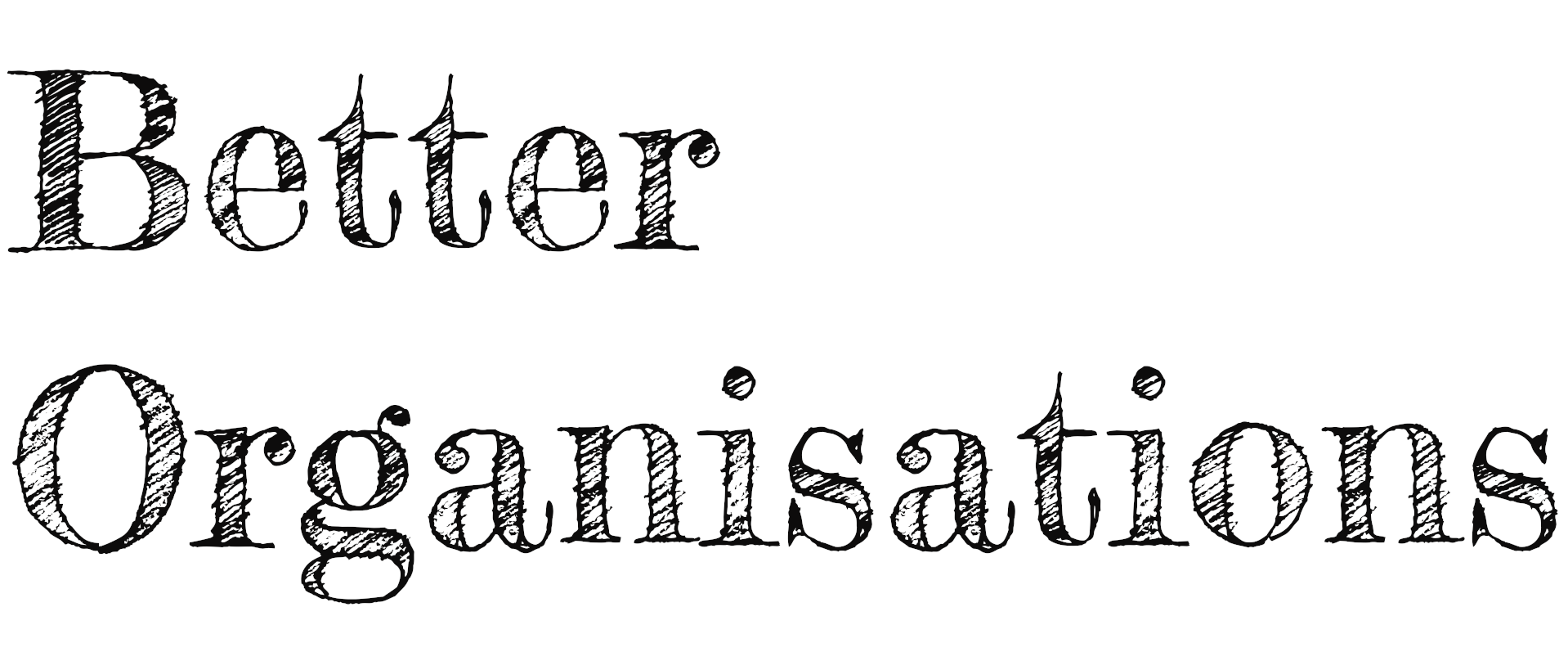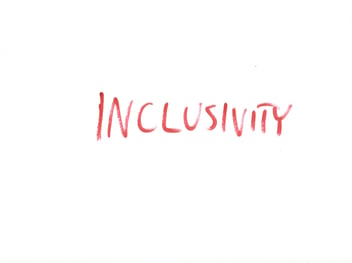Today we will talk about the third value of the chosen 10, which I think can contribute to building a strong, more adaptable and innovation-boosting company’s culture: mutual challenging. I say this, however I should mention a significant exclusion/disclaimer about this statement – please read it in the introduction article about the values.
This article is a part of a series: How to adapt quickly in a rapidly changing environment?
Start to practice asking yourself, in a positive way: “what if”? Keep asking your team members “what if”?
I love the question: “what if?”. What if an important email is not sent on time? What if our sales drop by 20%? What if our sales increase rapidly by 20%? What if the delivery of resources will not come at the right time? What if we lose access to our data? What if… and so on. An honest answer will build clarity of whether the organisation is capable of working better, or/and when a potential issue could become a major problem. This helps to reveal the opportunities and threats. It also helps to have a plan B.
Start to practice asking yourself, in a positive way: “what if”? Keep asking your team members “what if”? I think it’s worth to ask your employees what other questions need to be asked?
Allow your team to challenge you, for example by asking you “what if”? The idea is very simple – we are humans, we can’t be everywhere to secure our organisation. We are only humans, we have our own limitations and we can’t be aware about evry single aspect of our business. So, in my mind, having team members who can challenge our ideas, be our partners in discussing what needs to be done is precious. The value of this type of collaboration can not be overestimated.
Set up a time and space where you can discuss ideas at an early stage (as early as possible with all stakeholders – people who influence the aspect you work on, or vice versa). I think it’s quite important to clearly divide the time for discussion and challenging issues, as well as time for testing. This must be organised from the time when decisions are taken, and continued through to the time for executing agreed tasks. Furthermore, all focus needs to be on delivery.
There is a huge potential danger for your business: people who want to make you happy by concealing information that they think may make you unhappy. Even reactions like “usually nodding” can make you blind to the real threat. With a culture of mutual challenging (sharing responsibility), the risk of a huge failure can be mitigated, and the level of catching and shaping/developing good ideas can mature.
I would like to give you a low-level example of how this value shapes behaviors in every day activities, where psychological safety and space for mutual challenging opened the door for a better collaboration.
That was a day when my manager came to me:
– Witold I need you to do X (and then she told me about the context of the task and results which she wanted to achieve).What do you think?
– Sure, I got the idea. It sounds good, but to be honest I have a few concerns…
– Sure, tell me about it.
– So, I’m worried about A (a specific reason why I thought we might have a problem developing it), B (another specific reason) and I think we might not be able to complete X because of C (another reason).
– Oh, I should have told you before, I just solved A, it’s not an issue anymore, and don’t be worry about B – it will not happen (conversation about why it’s really unlikely). Are you OK about this now?
– Yes, sure, I see your point now.
– You mentioned C – what do you mean by that?
– C? When we do X (task I have been asked to perform), C will strongly disrupt the operations, so I guess we should double check that the production manager is aware of this, and take our actions into account.
– Ooh, I see your point. When would you like to do X? Probably tomorrow, if this is OK for you.
– OK, let me talk with the production manager today, to ensure you can perform X tomorrow. But I will let you know the results of the conversation, so please come at the end of the day to my office. Are you OK with this?
– Yeah, sure.
– Thanks a lot, well done Witold.
Just because mutual challenging was promoted and I had psychological safety once the idea was presented, I could come up with three thoughts: Issue A was well spotted, but has been solved in the meantime, B-was pretty contrived, but I was able to recognise it during the conversation with my manger, C – was a real blocker, which was not spotted by my manager initially. The fact I had space to challenge the idea allowed us to come up with something much more practical and results-oriented, after just a few minutes of conversation. Furthermore, my action was highly appreciated by my manager. As a result, I was a valued member of staff who was helping with the development of the business processes.
For the next weeks, I will publish a weekly article and video about a value which can contribute to strong, more adaptable and innovation-boosting company’s culture. I will share case studies and examples, to illustrate how these values can help you build a better culture for your company.
Subscribe now to avoid missing an update!





